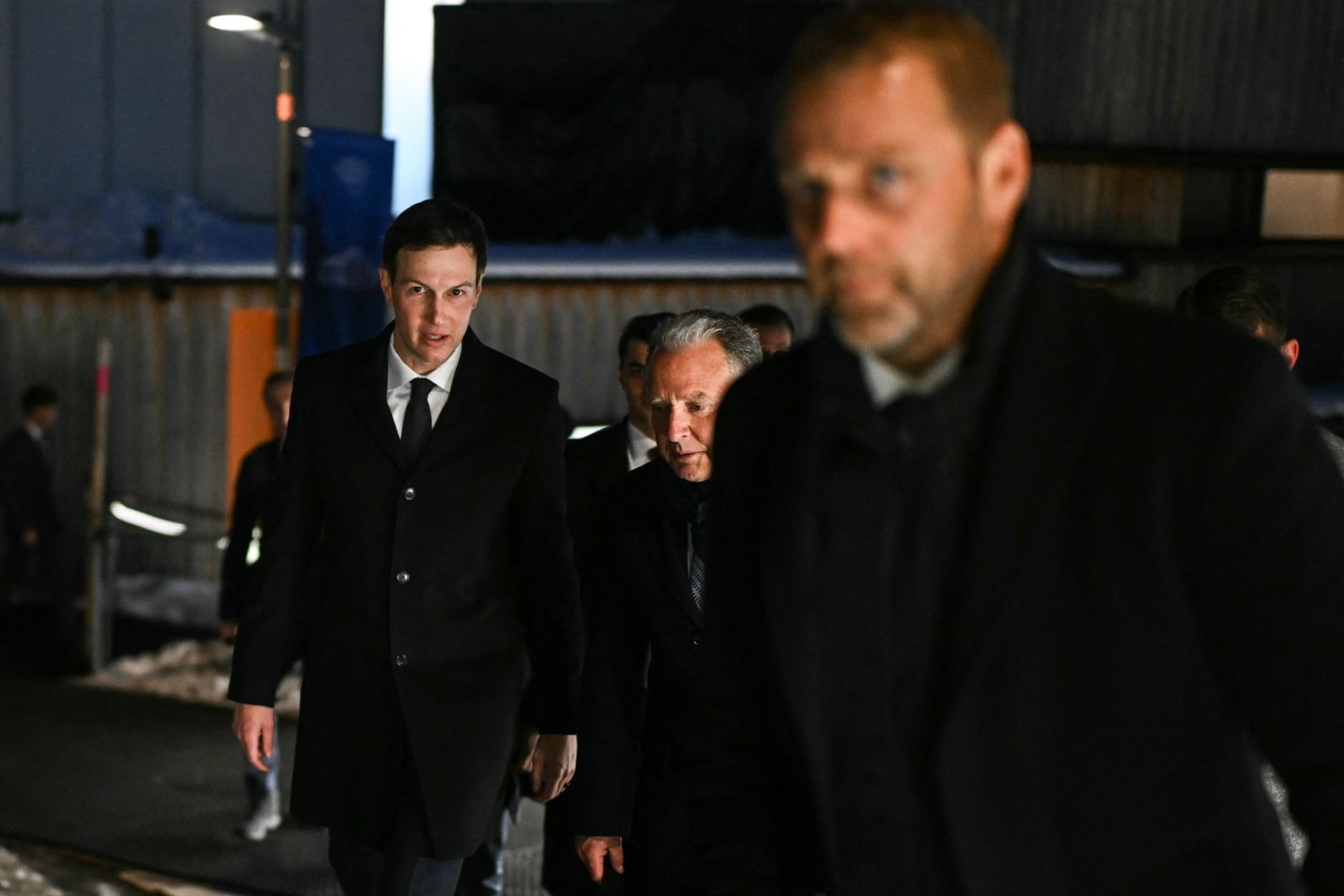Mine explosion kills farmer in Kherson Oblast

A farmer was killed in an explosion caused by a Russian landmine in Kherson Oblast’s village of Novopetrivka on Aug. 29, the regional administration reported.
The farmer was cultivating a field when his tractor hit the mine left behind by the Russian army, according to the Kherson Oblast authorities.
The administration reminded that many fields in the region remain mined, urging residents to stay away from places not yet examined by sappers.
Croatia recently allocated one million euros ($1.1 million) for demining of Ukrainian agricultural lands, according to Economy Minister Yuliia Svyrydenko.
The funds will reportedly go to the UN World Food Program to help farmers and food producers resume work in Ukrainian regions most affected by the war.
During Russia's full-scale invasion, casualties due to mine explosions have become a regular occurrence in Ukraine. The large-scale mining of Ukrainian land makes it difficult and highly dangerous for local farmers to grow crops and harvest, risking the country’s vital agricultural industry.
Interior Minister Ihor Klymenko said on March 1 that nearly one-third of Ukraine's territory had been mined since February last year.
The State Emergency Service earlier reported that after the end of the war, Ukraine would need at least 10 years to demine its territory.















